Early Years
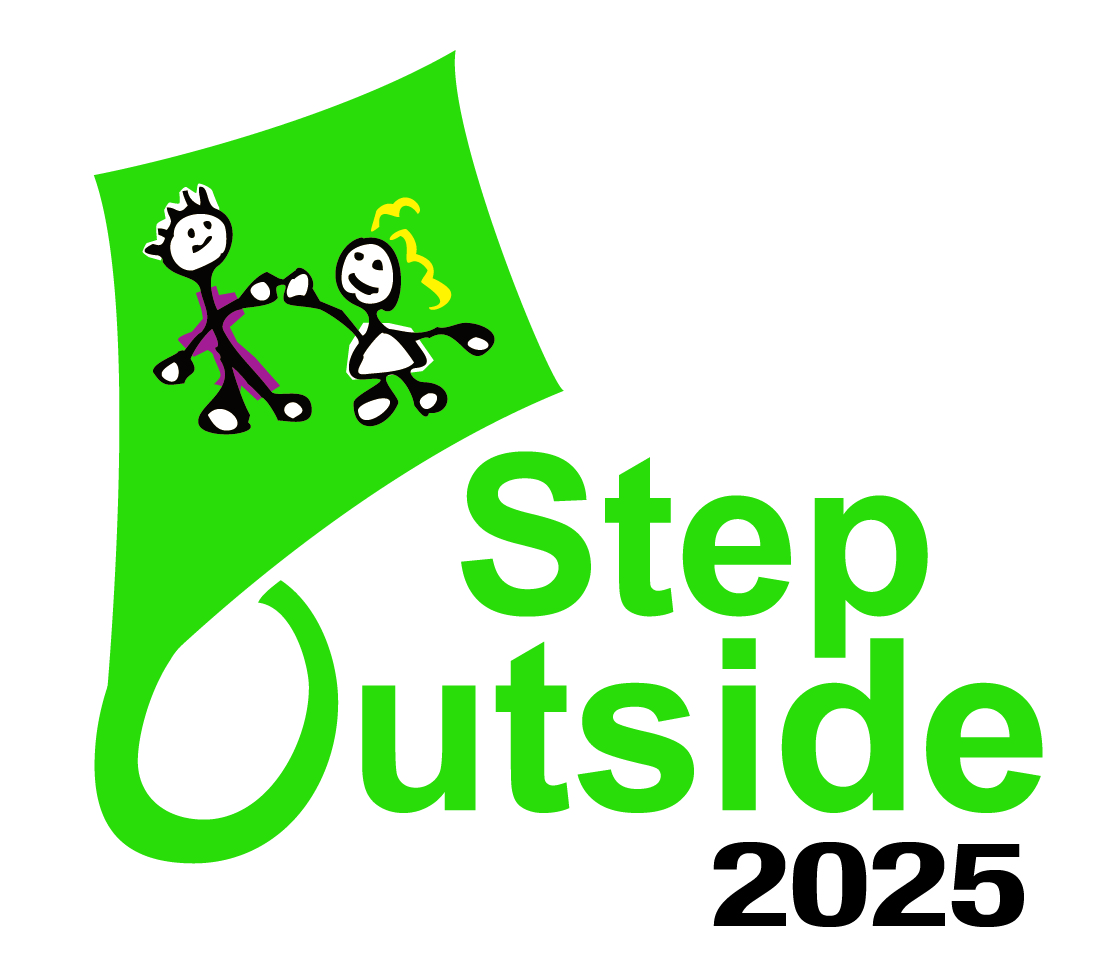
Welcome to our page all about the Early Years Foundation Stage.
Class |
Teacher |
Support Staff |
| Nursery | Mrs Smith | Miss Trew and Mrs Johnstone |
| Reception 1 | Miss Morrison and Mrs Robinson | Miss Stevenson and Miss Hair |
| Reception 2 | Mrs Morrey and Mrs Hadwin | Mrs Coleclough and Miss Wheatley |
Our Vision (Intent):
| By the end of EYFS pupils will be: Resilient and willing to take risks because they have formed positive relationships with the adults around them. Understand making mistakes is part of learning and will be confident to use these to succeed. We have noticed that many pupils are frightened to ‘get things wrong’ so want to focus on this explicitly. On track with their learning and have made good progress which will be measured by our new assessment tool. This is especially important to track end of EYFS progress, as the new Reception Baseline Assessment data will not be published until the end of KS2. As a result of this, we will have put in place our own tracking document. Engaged in more outdoor experiences. The lack of pre-schooling for some pupils will inform our planning and routines as it is obvious that many pupils haven’t had many outdoor experiences, due to Covid-19 lockdowns. We undertook home visits this year to ascertain this information and reassure pupils and parents in our community considering the pandemic. |
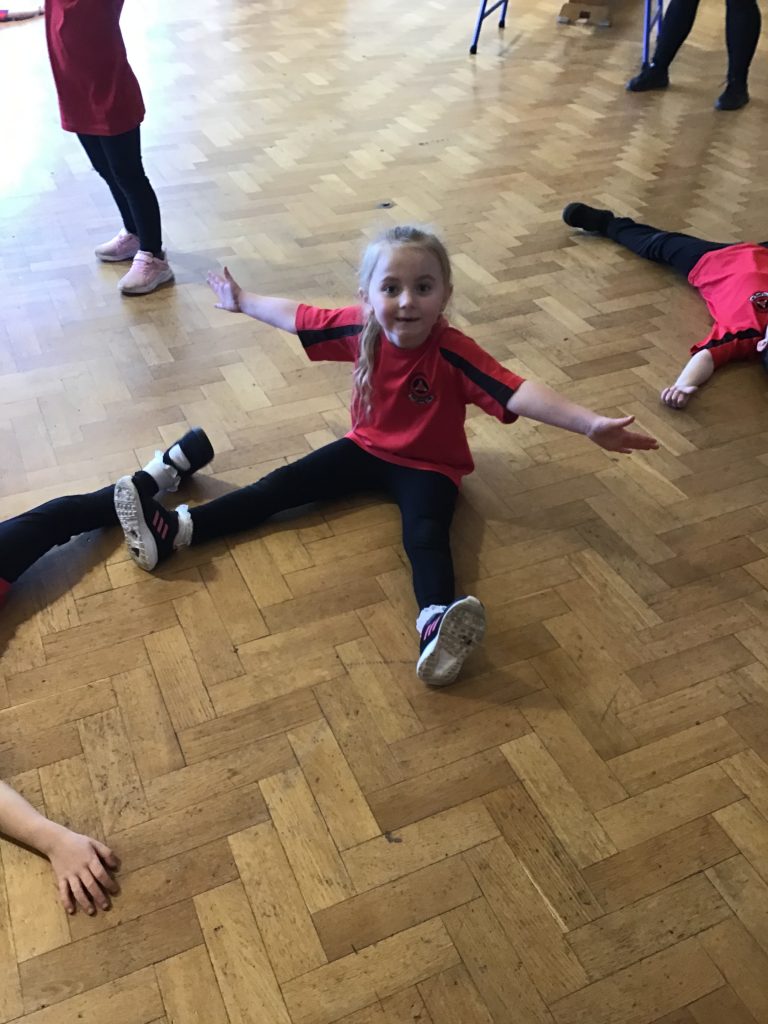
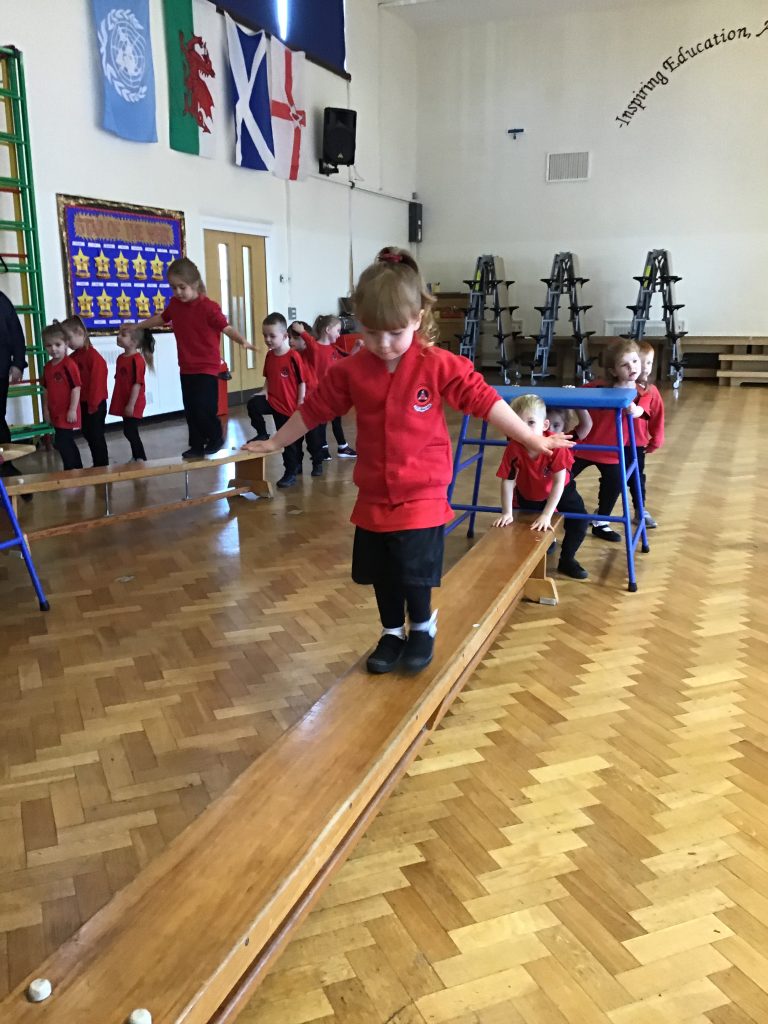
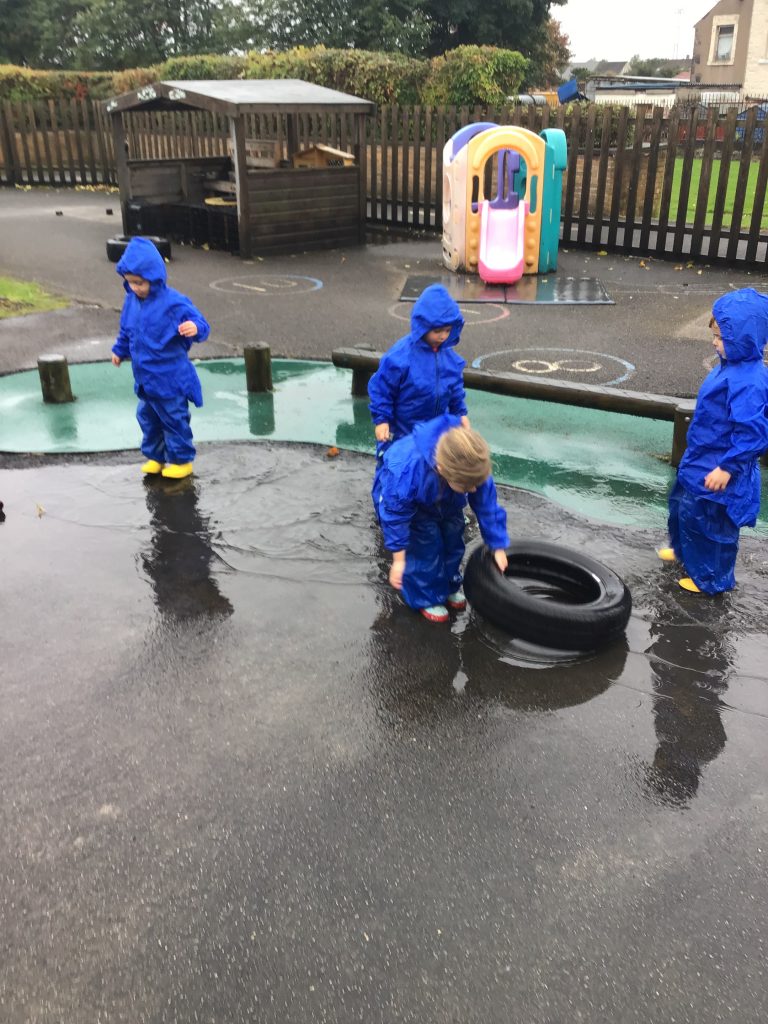
Behind the Vision:
We want pupils to be happy, independent learners showing high levels of engagement. We want to build resilience in pupils, nurture the pupils and give them opportunities to make mistakes as well as succeed.
In order to achieve the vision:
- To administer new Reception Baseline Assessment as it is statutory from September 2021
- To deliver update CPD and training on new EYFS Framework
- To develop & embed data/progress tracking document
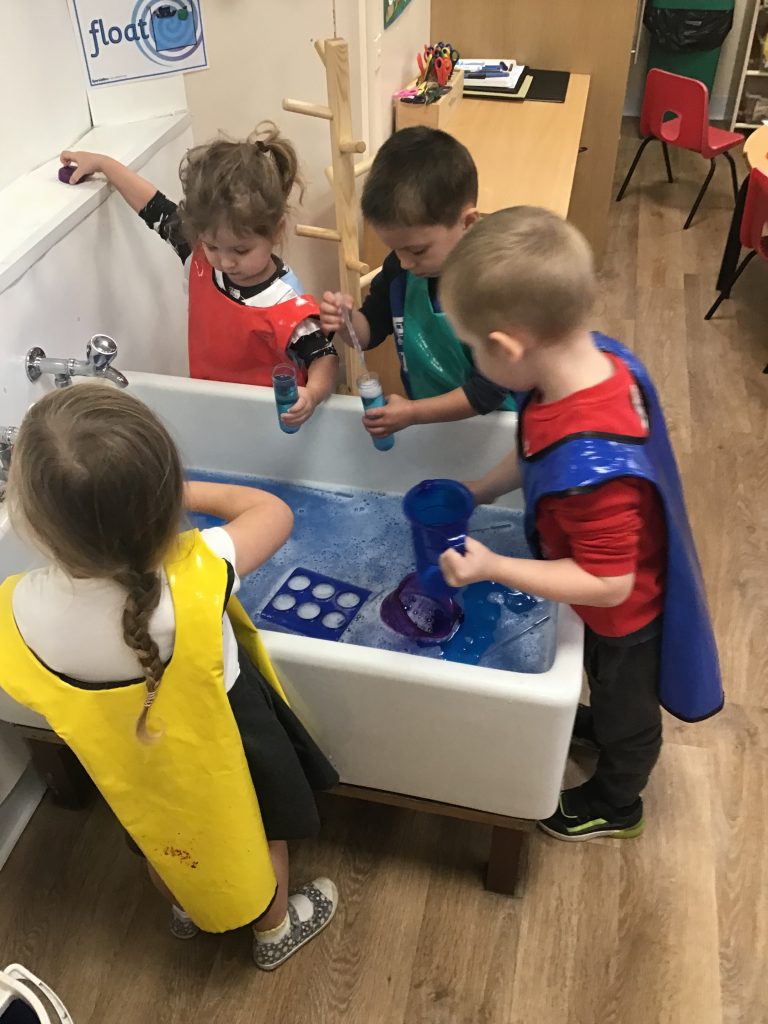
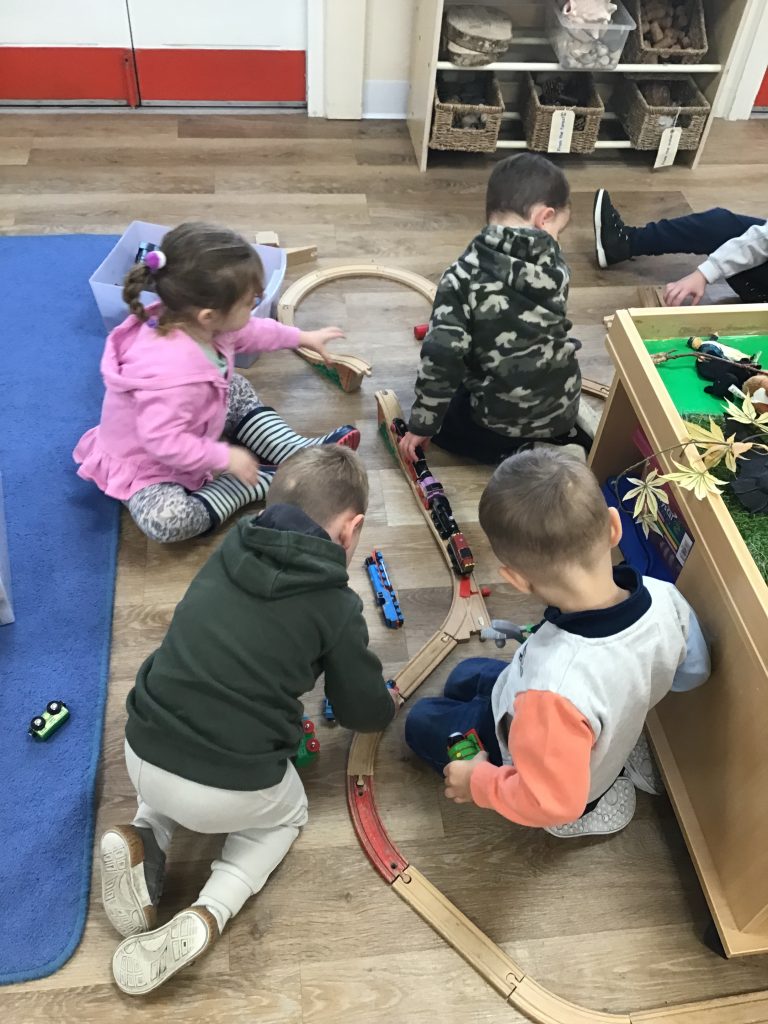
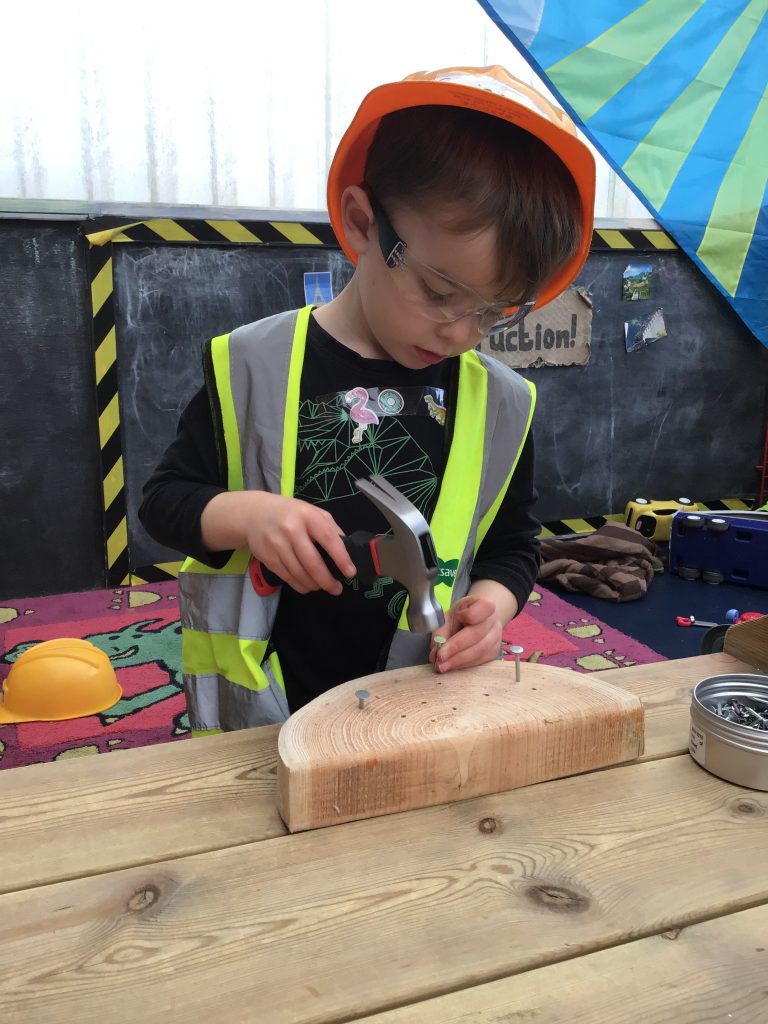
Our Curriculum Statement for EYFS
Intent
At Trumacar, our Early Years Foundation Stage (EYFS) curriculum is designed to meet the individual needs of every child, ensuring no child’s achievements are limited, regardless of their backgrounds, circumstances or needs.
All initial planning is based around the above themes, but not exclusively, as we also plan from the children’s interests. Additionally, weekly, quality texts are used to introduce themes and give the children plenty of experiences of stories and language. We place heavy focus on Prime Areas ensuring children learn to communicate effectively and build foundations essential for future learning.
Our practice is shaped by four overarching principles:
- Every child is a unique child, who is constantly learning and can be resilient, capable, confident and self-assured
- Children learn to be strong and independent through positive relationships
- Children learn and develop well in enabling environments with teaching and support from adults, who respond to their individual interests and needs and help them to build their learning over time
- Children develop and learn in different ways and at different rates
Building on what children know and can do, we introduce Phonics and Maths skills and knowledge in a sequenced and systematic way, to develop confident readers and mathematicians.
Children develop their own character and are provided with opportunities to build resilience, independence, confidence and responsibility, whilst learning strategies to support positive physical & mental well-being and how to stay safe
Implementation
Within the Early Years Framework, there are three Characteristics of Effective Learning which detail the ways that children should be learning from their environment, experiences and activities. These characteristics are split into three main areas
- ‘Playing and Exploring’ – children investigate and experience things and ‘have a go’
- ‘Active Learning’ – children concentrate and keep on trying if they encounter difficulties, and enjoy achievements
- ‘Creating and Thinking Critically’ – children have and develop their own ideas, make links between ideas, and develop strategies for doing things
To develop the characteristics of effective learning every day, children are given prolonged periods of time in which to lead their own learning through play and exploration. During these periods, children are able to pursue their own interests in an enabling environment supported by staff, allowing them to benefit from the most meaningful learning opportunities.
The environment plays a crucial role in children’s development. If the environment is right, it will inspire, motivate and support children’s learning, create high levels of involvement and provide challenge in the absence of an adult. Classrooms, both indoors and outdoors, are carefully designed and a variety of high quality, open-ended resources are made accessible to the children, so that they can make thoughtful decisions when playing and exploring. Throughout the environment there are many opportunities supporting the children to be active and develop physically.
Impact
Through monitoring, lesson observations, learning walks and discussions with staff and pupils, school leaders will ensure:
- Children are developing the knowledge and skills required to meet their endpoints (Early Learning Goals)
- Pupils are prepared for their next stage of education
Through purposeful planning, high-quality interactions, formative and summative assessment, teachers will ensure:
- Children are highly motivated and are eager to join in. They share and cooperate well, demonstrating high levels of self-control and respect for others. They consistently keep on trying hard, particularly if they encounter difficulties
- Key knowledge and skills are consolidated before introducing new learning
- Assessment of pupils’ learning feeds into planning and adaptation of the curriculum
- Children are displaying the Characteristics of Effective Learning
- Children are developing the knowledge and skills required to meet their endpoints (Early Learning Goals)
- Children are able to use knowledge of Phonics to read accurately with increasing speed and fluency


